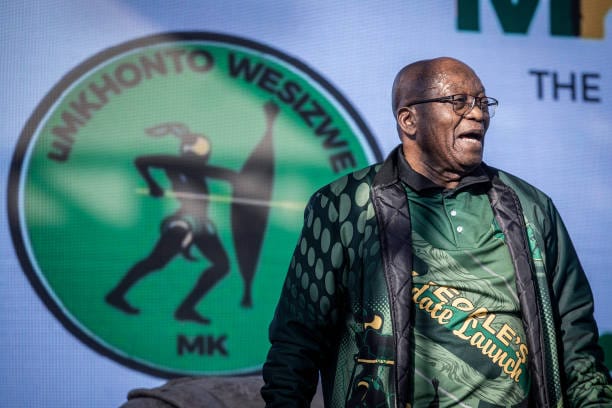JOHANNESBURG, South Africa — On Wednesday, South Africans will vote in what could be the most significant political event since the fall of apartheid 30 years ago. This election has the potential to reshape the nation’s political landscape, marking a pivotal moment in South Africa’s journey since achieving democracy.
The 1994 election, which saw Nelson Mandela and the African National Congress (ANC) rise to power, was historic as it allowed Black South Africans to vote for the first time, officially ending a half-century of racial segregation under apartheid. While the ANC remains in power in 2024, it faces mounting discontent due to high levels of unemployment and poverty, which may prompt a majority of South Africans to consider other parties this week.
“Thirty years of South African democracy does not mean we should endure an eternity under the ANC,” John Steenhuisen, leader of the main opposition Democratic Alliance party, said in the run-up to the election.
Although the ANC’s support has dipped below 50% in several polls, no single opposition party has emerged strong enough to overtake it. The ANC is still expected to be the largest party, but without an outright majority, it may need to form coalitions to remain in government and reelect President Cyril Ramaphosa. This could end the ANC’s political dominance and usher in a new era of co-governance.
Since 1994, the ANC has won six successive national elections, starting with Mandela’s historic presidency. However, support for the party has steadily declined from nearly 70% of the vote 20 years ago, as South Africa continues to grapple with deep socio-economic challenges, some of which are legacies of apartheid.
The ANC has been criticized for corruption scandals and its failure to address violent crime, with an average of 83 homicides a day in the last three months of 2023. Basic government services have also faltered, leaving many communities without water and electricity.
The most pressing issue remains unemployment and the resulting poverty. South Africa’s official unemployment rate is the highest globally at 32%, and even higher at 45% for young people aged 15 to 34. This stark reality contrasts with the country’s status as the most advanced on the African continent. The World Bank estimates that more than half of South Africans live below the poverty line.
“Together we will do more and we will do better,” ANC leader Ramaphosa said at the party’s last major rally this weekend. He emphasized the ANC’s commitment to job creation and extending social support for millions reliant on government grants.
Despite facing its biggest electoral challenge, the ANC claims to be the only party capable of effectively governing South Africa. Analysts note that the ANC has the most effective grassroots campaigning machine and retains traditional support among older South Africans and rural communities. The possibility of the ANC maintaining its majority has not been ruled out.
Nearly 28 million people are registered to vote across South Africa’s nine provinces on election day. Voters will decide the makeup of the national Parliament and provincial legislatures. With more than 50 parties registered, a record number, and independent candidates allowed to stand for the first time, this election promises to be a defining moment for South Africa’s democracy.
https://www.africanexponent.com/south-africa-prepares-for-crucial-election-potentially-ending-ancs-three-decade-dominance/


